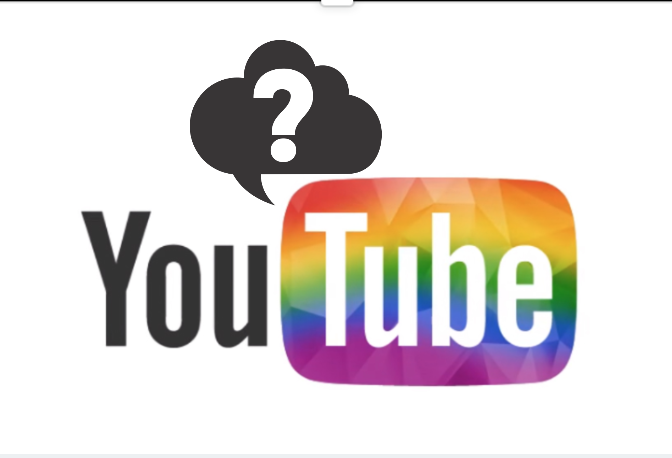13 June 2019
Country: Global
By: Eline Jeanné

 It’s June, also known as Pride Month. This is a time to celebrate the LGBTQ+ community and the struggles they have endured over the years, and to celebrate the positive impact LGBTQ+ people have made. Numerous events are put on to celebrate Pride Month, with many large cities organising a Pride Parade. It is also around this time that you will see a lot of companies sharing their support for the LGBTQ+ community. You will notice brands giving their social media accounts a Pride makeover, and a lot of companies are coming out with limited edition Pride merchandise.
It’s June, also known as Pride Month. This is a time to celebrate the LGBTQ+ community and the struggles they have endured over the years, and to celebrate the positive impact LGBTQ+ people have made. Numerous events are put on to celebrate Pride Month, with many large cities organising a Pride Parade. It is also around this time that you will see a lot of companies sharing their support for the LGBTQ+ community. You will notice brands giving their social media accounts a Pride makeover, and a lot of companies are coming out with limited edition Pride merchandise.
On a surface level, it is a very positive sign for diversity. However, truly embracing and supporting the LGBTQ+ community goes beyond selling rainbow t-shirts and rainbow Twitter icons. LGBTQ+ acceptance extends to the business ethics of a company and to the rights of all the people working for that company. This year, LGTBQ+ activists have started to shed more of a light on businesses who show LGBTQ+ support on the surface but are actually anything but that. One company who has been in the limelight is YouTube.YouTube has been actively participating in Pride Month. They brought out a YouTube Original documentary exploring what Pride means to LGBTQ+ people, 50 years on from the Stonewall riots of 1969. Besides promoting the documentary on all their social media channels, YouTube has also been given a rainbow makeover: all signs of being an ally, at least at first glance.
As YouTube has been rolling out their pride content, journalist Carlos Maza has been exposing a darker side of the platform. Maza presents the popular Vox series Strikethrough, which is hosted on YouTube. A few weeks ago, Maza posted a compilation video on Twitter showing how fellow YouTuber Steven Crowder has consistently aimed abused at Maza, focussing largely on his sexual orientation and ethnicity. The clips include Crowder referring to Maza as a “lispy queer”, “gay Mexican” and “gay Vox sprite”, broadcasting the abuse to his 3.8 million YouTube subscribers. Crowder also sells extremely homophobic t-shirts, which state: “Socialism is for f*gs”, which he sarcastically claims refers to figs, not the homophobic slur. Crowder has been selling these t-shirts by directly linking to them on his YouTube channel.
In response to Maza’s compilation video, YouTube conducted a review of Crowder’s channel. Their conclusion: “while we found language that was clearly hurtful, the videos as posted don’t violate our policies.” This lacklustre response resulted in YouTube receiving much backlash, especially since YouTube’s official policies clearly prohibit such content. YouTube prohibits content that “is deliberately posted in order to humiliate someone” and “makes hurtful and negative personal comments about another person.” Crowder’s abuse aimed at Maza falls directly in both of these categories, and yet YouTube decided to take no action. Following an outcry regarding their decision, YouTube decided to suspend Crowder’s channel’s monetization. But for many, this was too little action that came far too late.
Many people have called out the hypocrisy of this scandal taking place during Pride Month. In an open letter to YouTube, Vox editor-in-chief Lauren Williams said: “This Pride Month, change more than your logo. Clarify and enforce your harassment policy.” Maza, rightly feeling very let down by the platform, sees things only getting worse on YouTube: “YouTube has publicly stated that racist and homophobic abuse doesn’t violate their anti-bullying policies. Crowder and his allies are going to be emboldened.”
YouTube might be sporting a rainbow flag, but its actions are the opposite of what pride month is all about. Instead of commercializing Pride, companies need to evaluate how exactly they are supporting the LGBTQ+ community beyond sporting a rainbow Twitter banner.
